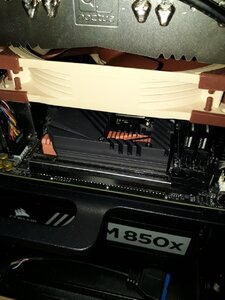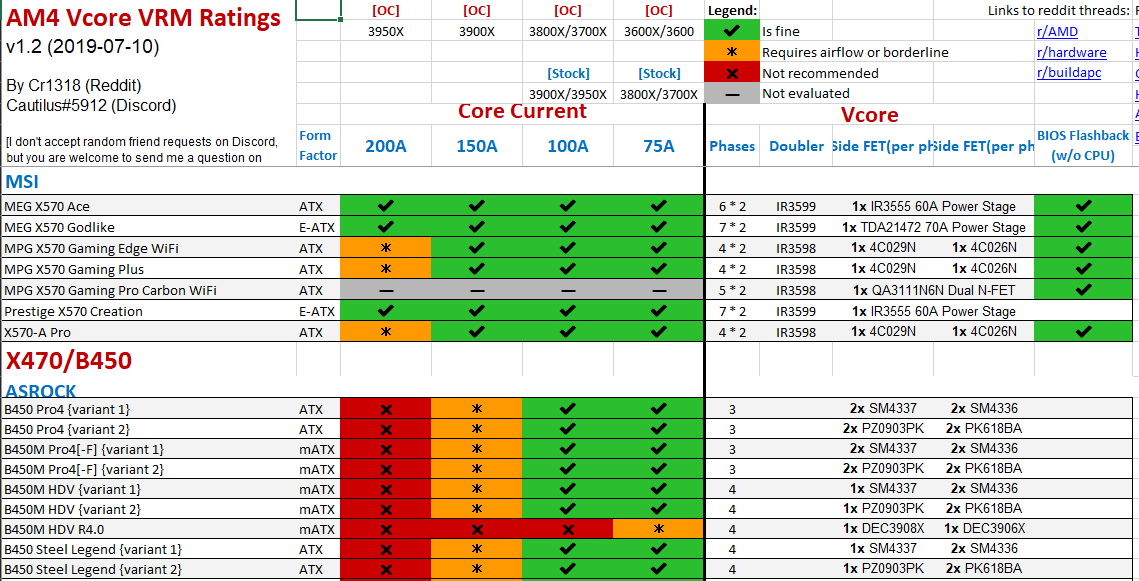M76
[H]F Junkie
- Joined
- Jun 12, 2012
- Messages
- 14,030
So, I've just finished setting up my 570 build, and the fan is not audible to me. At least on the ROG STRIX X570-F Gaming. it has a blower type fan, I don't know about the other boards.
I can't hear it running even from a few cms. I've tried disconnecting it and heard absolutely no difference.
BTW I don't know how necessary the fan is anyway. Maybe under OC the chipset gets hot, but I measured with a laser thermometer and with stock clocks and the fan disabled that tiny ass heatsink never got hotter than 48C. So If they replaced the fan with an equally sized proper heatsink It would've been more than enough.
I can't hear it running even from a few cms. I've tried disconnecting it and heard absolutely no difference.
BTW I don't know how necessary the fan is anyway. Maybe under OC the chipset gets hot, but I measured with a laser thermometer and with stock clocks and the fan disabled that tiny ass heatsink never got hotter than 48C. So If they replaced the fan with an equally sized proper heatsink It would've been more than enough.
![[H]ard|Forum](/styles/hardforum/xenforo/logo_dark.png)

